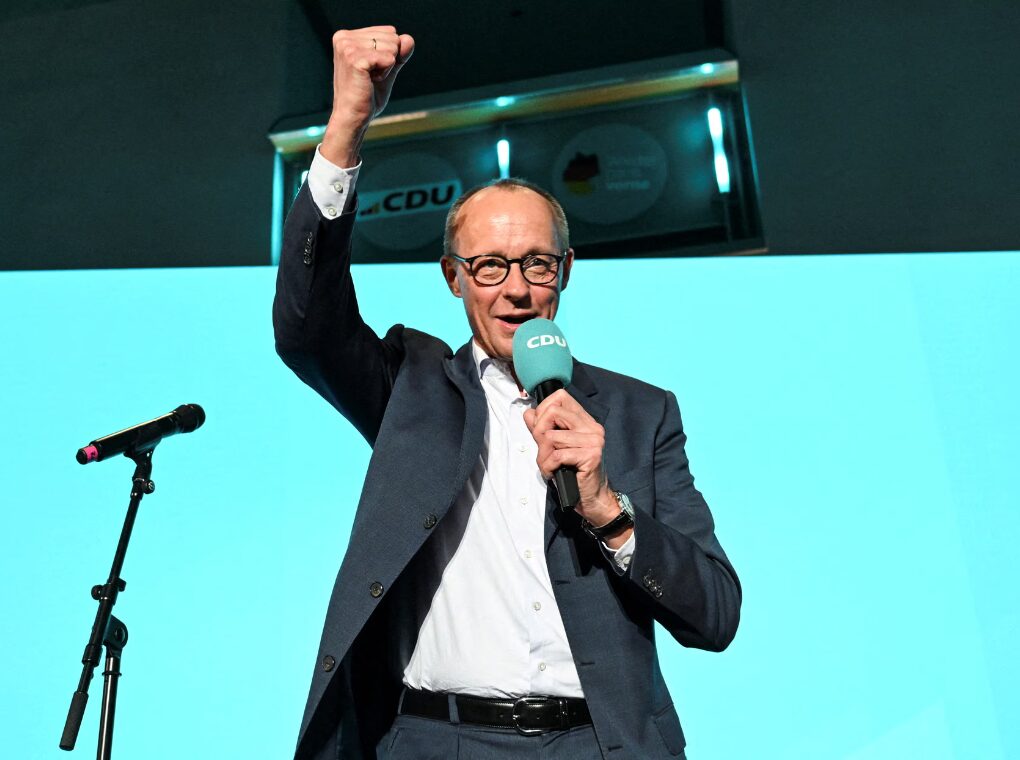German Chancellor Friedrich Merz is facing mounting criticism at home and abroad after comments he made about Brazil during a business conference in Berlin prompted accusations of arrogance, cultural insensitivity, and diplomatic misjudgment.
The remarks, which contrasted Germany’s quality of life with conditions in the Brazilian city of Belém, have triggered strong reactions from Brazilian officials as the country prepares to host the COP30 climate summit.
Speaking at the German Trade Congress (Deutscher Handelskongress) on November 13, Merz referred to his brief stop in Belém the previous week and recounted an informal exchange he had with journalists who accompanied him on the trip. The Chancellor said he asked the group whether any of them would want to stay in Brazil, adding that no one raised their hand and that the delegation was glad to return to Germany promptly.
“We live in one of the most beautiful countries in the world,” Merz told the audience. “I asked some of the journalists who were with me in Brazil last week: ‘Who among you would like to stay here?’ No one raised their hand. They were all glad that we—especially from the place we were—returned to Germany again on the night from Friday to Saturday.”
Although Merz did not explicitly describe Brazil in derogatory terms, the implication that Belém was a place people wanted to flee drew immediate backlash across Brazil. Online commentary, media outlets, and political figures widely interpreted the comments as dismissive and disrespectful toward a country that had just hosted the Chancellor for climate consultations.
Strong Reaction Across Brazil
Brazilian leaders responded sharply, accusing Merz of perpetuating outdated stereotypes and disrespecting a major COP30 host city. Belém’s mayor and Pará’s governor denounced the remarks as “arrogant” and “colonialist,” arguing that Western leaders should show greater sensitivity when visiting the Amazon region, where poverty, climate vulnerabilities, and infrastructure challenges are visible but deeply tied to historical inequalities.
President Luiz Inácio Lula da Silva offered a pointed but humorous response, remarking that Merz should have experienced Belém’s culture, food, and nightlife before forming an opinion. Lula added that Berlin does not match the hospitality and cultural richness of Pará, suggesting the Chancellor’s brief 20-hour visit hardly offered a full picture of the region.
The controversy also struck a chord among Brazilian citizens online, with many expressing frustration at the tone of the comments, while others acknowledged the city’s real challenges but argued it was inappropriate for a foreign leader to publicly disparage a host location.
Berlin Attempts to Smooth Tensions
Inside Germany, the remarks sparked criticism from environmental and diplomatic circles, particularly at a moment when international cooperation is crucial ahead of the COP30 summit. Germany’s Environment Minister Carsten Schneider quickly shared praise for Brazil, calling it a “wonderful country with friendly people” and emphasizing his own desire to spend more time there. Analysts interpreted this as an attempt to mitigate diplomatic fallout.
Environmental groups, including Greenpeace Germany, urged Merz to issue a formal apology, arguing that public comments belittling a developing-region host city undermine trust and cooperation in global climate negotiations.
Critics within Germany also pointed to a pattern in Merz’s communication style. The Chancellor, known for unscripted and blunt remarks, has previously drawn criticism for comments that resonated poorly in international contexts. Supporters argue that he speaks plainly to domestic audiences, but opponents say such rhetoric is increasingly incompatible with the expectations placed on leaders operating in a globally connected environment.
Potential Impact on EU–Brazil Relations
The timing of the controversy is particularly sensitive. Brazil is preparing to lead the global climate agenda as host of COP30 in 2025, and the European Union is seeking to strengthen ties with Brazil and other emerging economies on climate cooperation, trade, and environmental protection. Diplomatic analysts warn that remarks perceived as condescending risk reinforcing narratives of Western insensitivity toward the Global South.
While diplomats from both countries are expected to work behind the scenes to ensure the episode does not hinder broader cooperation, the incident has rekindled debates about cultural diplomacy and the tone that Western leaders adopt when visiting developing regions.
As of now, Chancellor Merz has not issued a clarification or apology for his remarks. Brazilian officials, meanwhile, continue to signal concern, insisting that world leaders attending COP30 must show respect for the communities hosting them.
